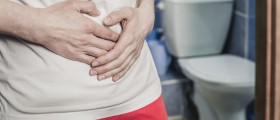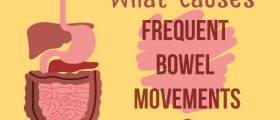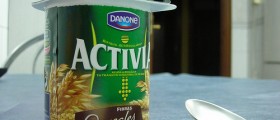
About constipation
Constipation is one of the most common gastrointestinal complaints. It can happen to everyone and in fact almost every person on the planet has had constipation at least once in the lifetime. Constipation means a person does not have bowel movements for at least three consecutive days, or the stool is small, very hard and difficult to pass.
The severity of this problem varies from person to person. For some it is a short-term problem that is solved relatively easily but for some the problem is chronic, causing a lot of discomfort and possibly leading to complications like impacted stool, hemorrhoids, anal fissures and incontinence.
Even though it can happen to anyone, constipation is particularly common among elderly people and it also often affects infants.
Prevention of constipation
Bowel movements depend greatly on the type of diet and on the lifestyle. It is believed that certain foods cause constipation or at least make the stool dehydrated and hard. People who eat a lot of junk food, sweets, fried foods, greasy foods and foods with low fiber content are more at risk of suffering from constipation.
Sedentary lifestyle, where a person spends most of his or her time indoors, for example in the office, and does not exercise or engage in any kind of physical activity, is also a major factor for constipation.
Therefore, making dietary and lifestyle changes can be considered the best way to prevent constipation. The diet should contain plenty of fiber-rich foods, since fiber is essential for proper bowel movement. Some of the foods rich in fiber include fresh fruit, fresh vegetables, brown rice, wholegrain pastas and breads, oats and various nuts and seeds. The consumption of fiber-rich foods must be combined with adequate water intake. The colon absorbs water from the stool and if there is not enough fluids in the body, the stool will be drained, becoming dry, hard and difficult to pass.
Toilet habits are also very important. The urge to have a bowel movement should never be ignored, otherwise it may lead to constipation. The best time to pass the stool is first thing in the morning or 30 minutes after a meal, if possible.
Finally, constipation can be prevented with exercise. At least 30 minutes of mild to moderate physical activity really makes a difference, regardless of the type of the activity. It can be jogging, walking, cycling or even dancing.
Combining these simple and common-sense steps on regular basis is a sure way to prevent constipation and the complications that may arise from it.

















Your thoughts on this
Loading...